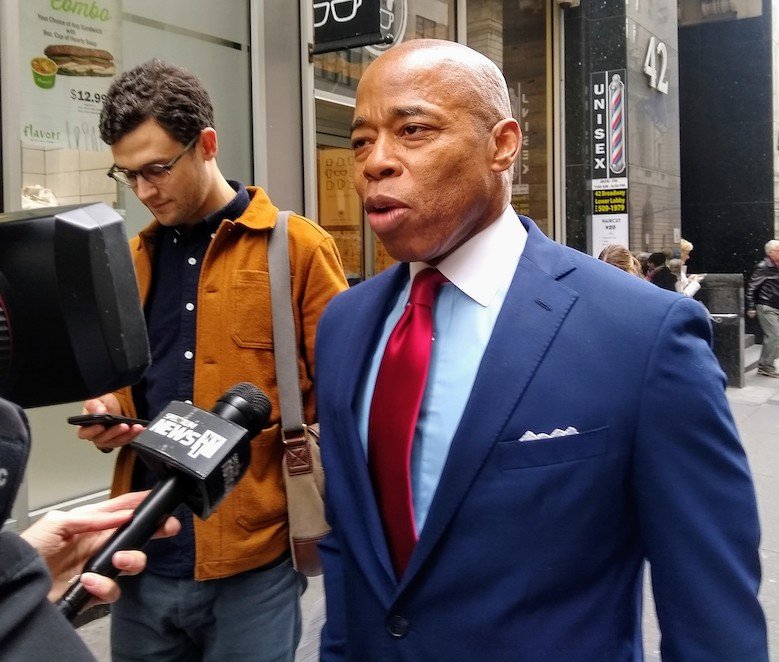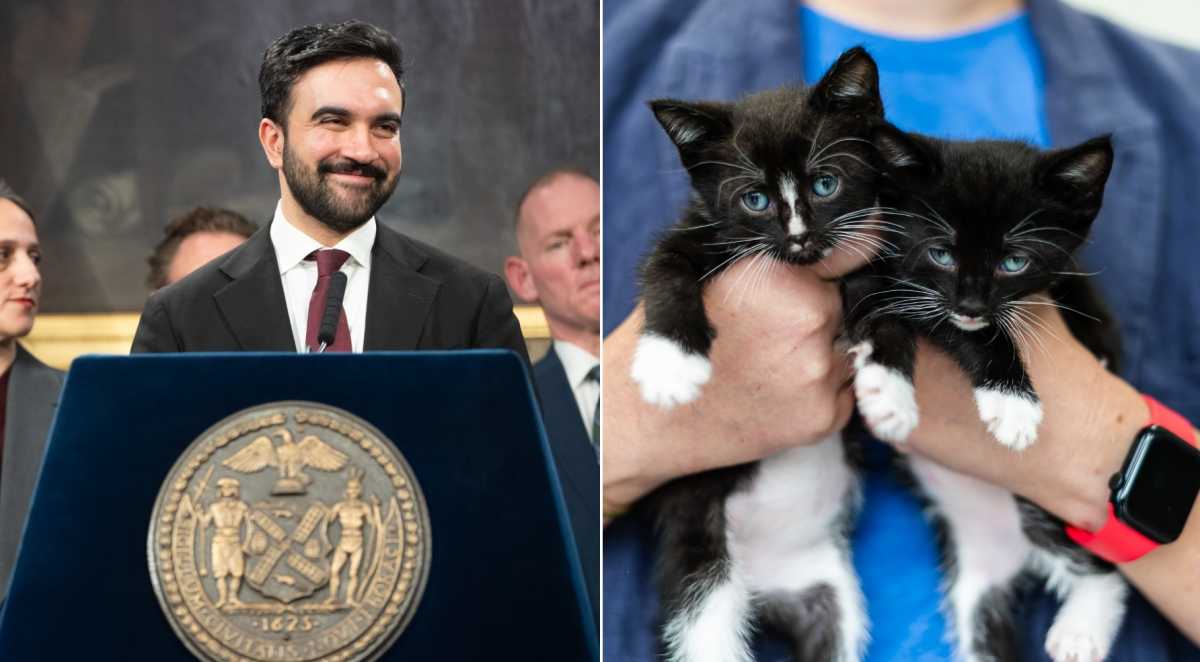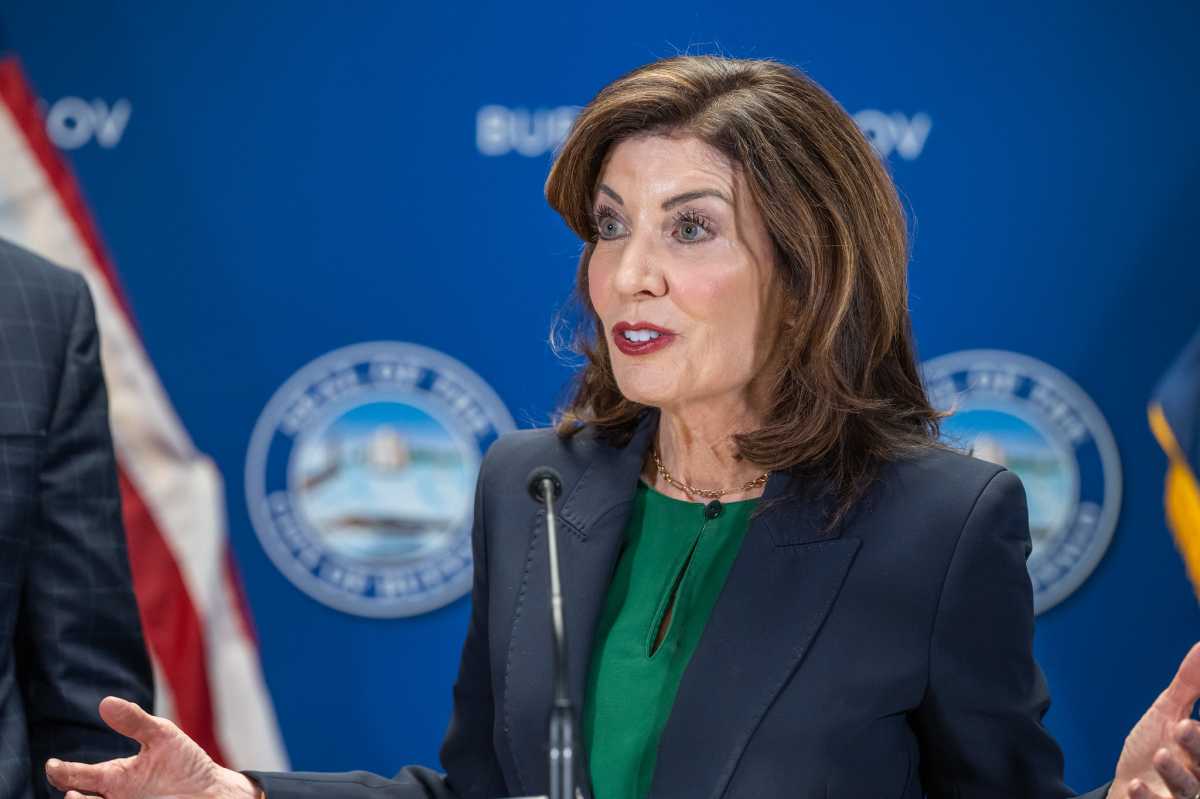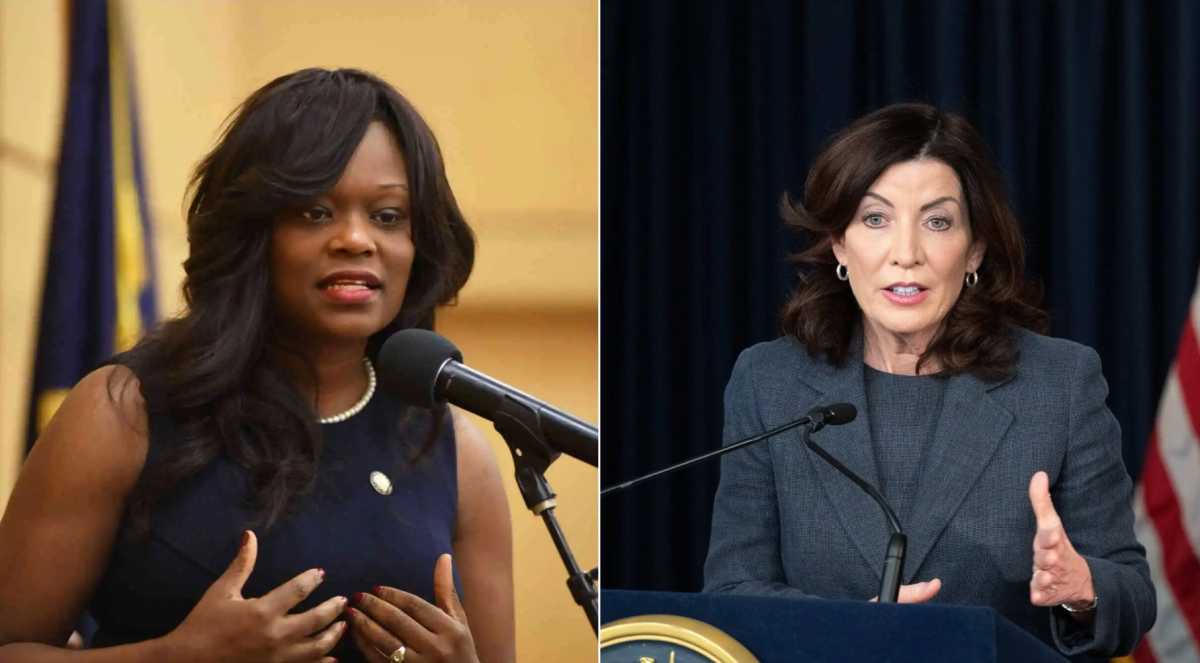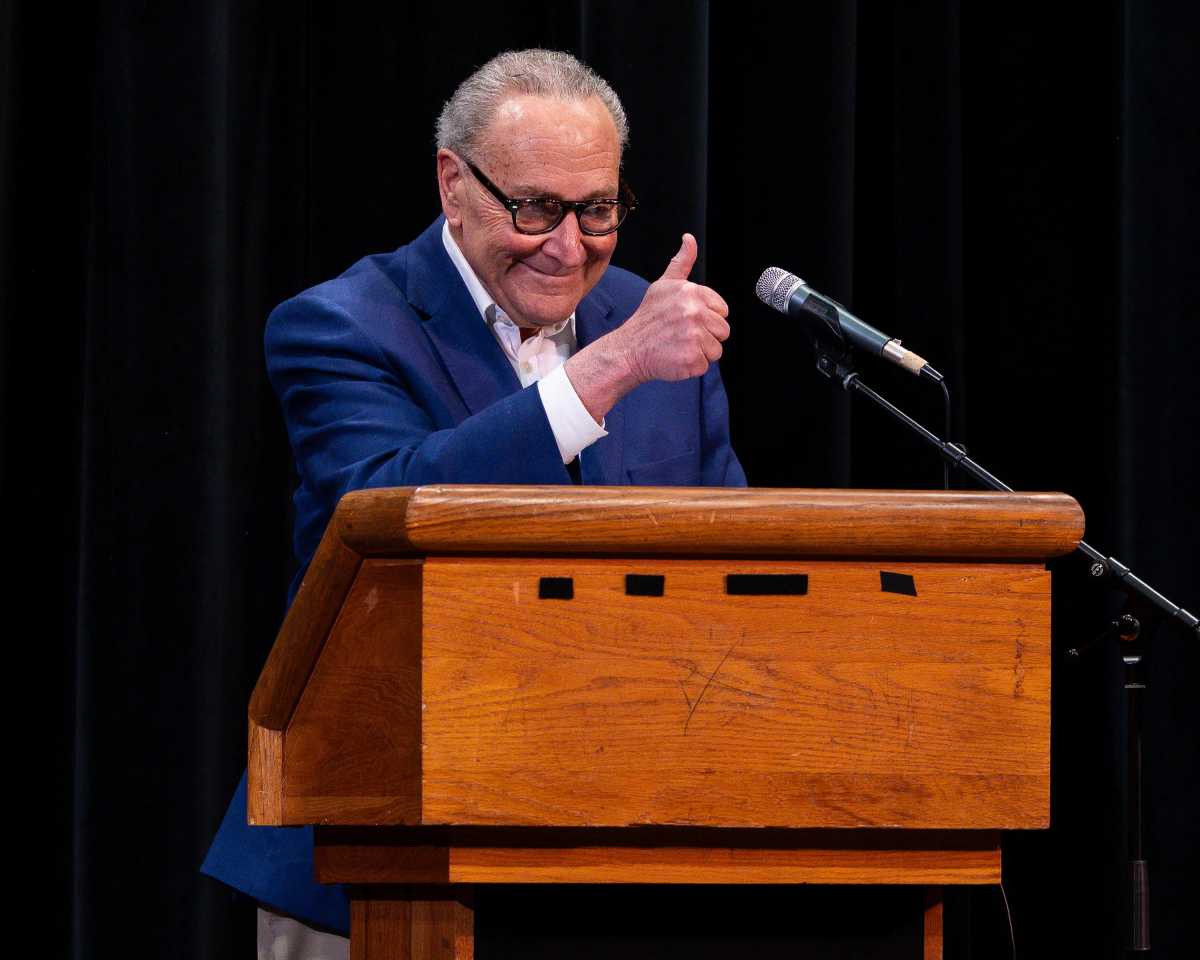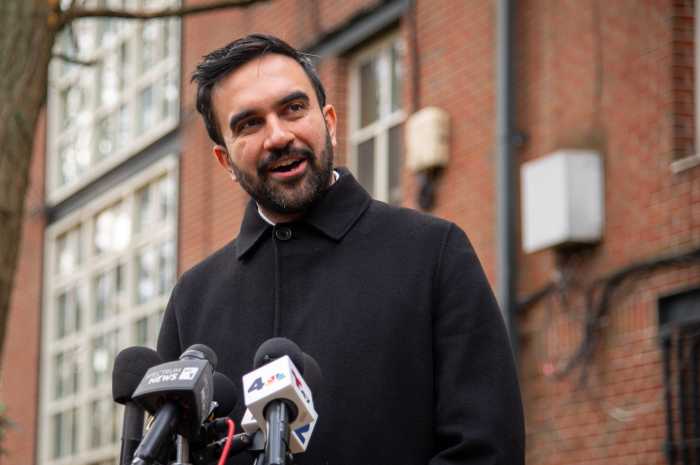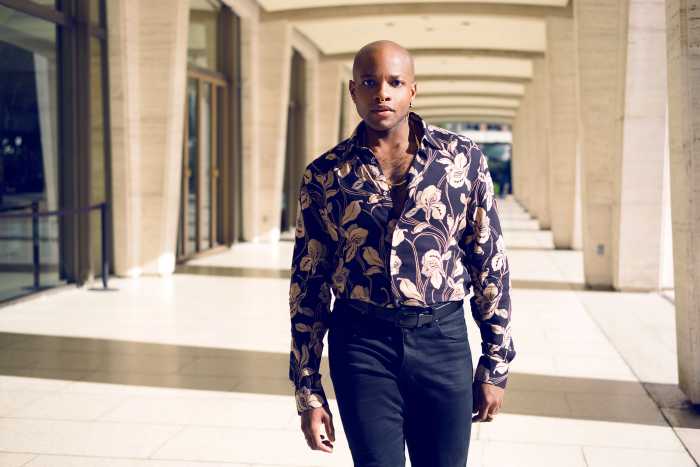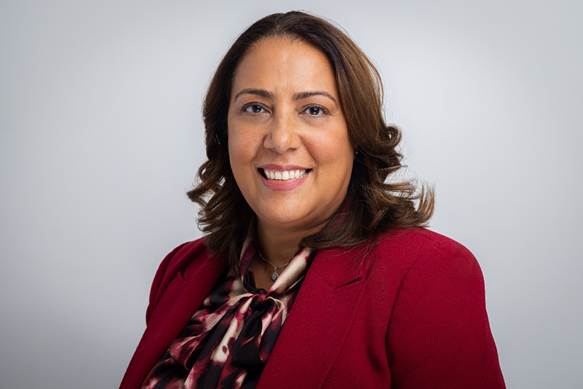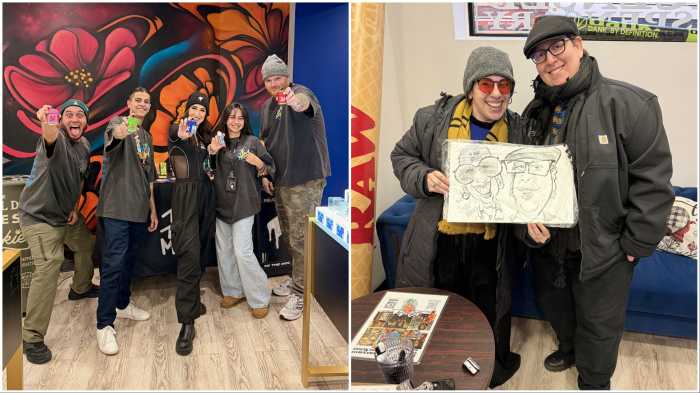The last few major elections have seen this country increasingly worried about hacking and voter tampering from domestic influences and foreign nations. So it bowled everyone over when the biggest problem the Iowa Caucus faced on Monday was simply an app malfunction. One delayed and chaotic day later, the nation finally has a majority of the results from the primary.
Nefarious or not, the Iowa Caucus’s technology debacle has really rattled local New York politicians and voting advocates. Among those is Brooklyn Borough President Eric Adams, who is dead against the city Board of Elections (BOE) switching to new technologies for the up and coming elections without good old-fashioned paper ballots as a backup plan.
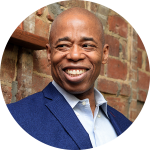
“The Iowa debacle should be a wake-up call for how we integrate new technologies into our election systems. We shouldn’t be using untested technology or software, and we shouldn’t be sowing confusion about the voting process. That’s why I’m calling on the City Council to invest $10 million in voter outreach and education, and for the BOE to continue to use voter-marked paper ballots as a safeguard back up,” said Adams at a press conference in front of the BOE executive office this morning in Lower Manhattan.
Currently, the BOE is considering using the Election Systems and Software’s ExpressVote XL touch screen machine system instead of the optical scanning machines and paper ballots that are already in use and proved successful in the early voting initiative last year.
“Our election technology is the best possible and we shouldn’t follow Iowa into investing millions of dollars of taxpayer money. XL is the wrong choice,” said Common Cause’s Executive Director Susan Lerner. Common Cause New York is a nonprofit dedicated to empowering voters. “Here in New York City we need to be sure our Board Of Elections is educated and stop a mad rush to try and buy these machines.”
Lerner insisted that the ExpressVote XL system, by eliminating paper, was technologically flawed, prone to undercounting votes, and a waste of money.
While Adams and Councilmember Alicka Ampry-Samuel (D-Brownsville, East Flatbush, Crown Heights, Bed-Stuy) shunned new tech, they also promoted ranked choice voting (RCV) as vital to this election season. Since it’s a fairly new concept in New York, the fear is that voters won’t understand how it works and therefore foregoes voting altogether. It is admittedly complicated to explain.

RCV is when a voter lists five of their preferred candidates, kind of like a survey or best-dressed quiz, from favorite to least favorite. The idea is to encourage candidates to target more than just their core demographic, and come up with policies or plans that everyone will like so they end up being more voter’s top favorite choice.
New York City voters chose in a referendum to adopt the procedure in 2019, and it goes into effect for the city elections for mayor, City Council and other offices in 2021.
New York City will be one of 18 major cities to have ranked-choice voting.
“The voters voted for ranked-choice voting at 75 percent, and so we have it and it’s just really a matter of making sure that it works and that comes with educating our voters,” said Ampry-Samuel.
Ampry-Samuel said that the city needed to be proactive about ranked-choice voting education to make sure communities of color, older generations, and immigrants who speak English as a second language are not left out of the process.
“Since we upended the rules the city must invest wholly in properly educating at-risk communities on this new voting system,” she said.
Adams’ hope is that by not changing the current voting machines and teaching people how to vote with ranked choices, there won’t be a dropoff in voter participation and understanding in the future.
“Elections don’t count if every vote isn’t counted fully and fairly. As New York prepares to become the largest city in the country to implement Ranked Choice Voting in 2021, we need a thoughtful voter education program that ensures all communities, including those that have historically suffered from disenfranchisement, are able to benefit from the election reforms being put into place,” said Adams.
“New York can be the model for other cities and states around the country when it comes to Ranked Choice Voting – we want to ensure that model is the right one,” he added.


